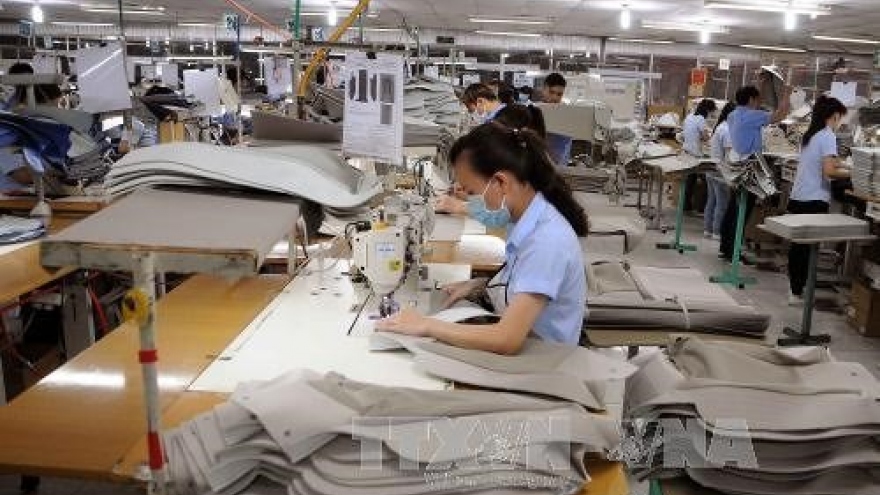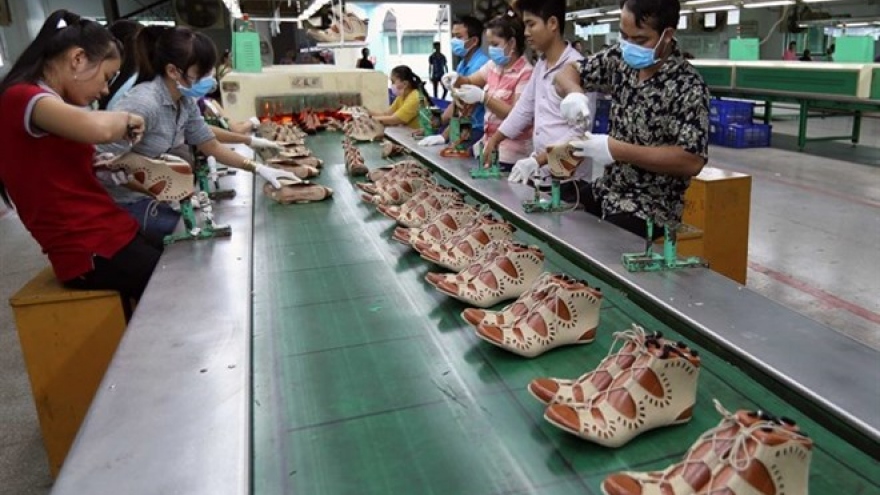Global shoe manufacturers shift sourcing from China to Vietnam
In the face of potential US tariffs on Chinese-made shoes, numerous world-famous shoe and handbag manufacturers are mulling over shifting sourcing to Vietnam.
 |
Kasper Rorsted added that in 2017, factories in Vietnam produced 44 per cent of Adidas footwear, 13 per cent more than the 31 per cent in 2012. Meanwhile, Chinese factories made up 19 per cent of Adidas products, down 11 per cent from 2012.
Last month German rival Puma (which makes about a third of its products in China) said that it is working on contingency plans to move some production from China to other Asian markets if US tariffs are imposed.
Besides, Fast Retailing Co., Ltd., the parent company of Uniqlo, has moved operations from China to Southeast Asia, including Vietnam, due to increasing labour expenses. At present, the company only needs to pay half as much on labour as in China.
Previously, in 2014, there has already been a wave of global shoe and handbag manufacturers transferring the bulk of their orders from China to Vietnam.
Notably, according to the Vietnam Leather and Footwear Association (LEFASO), in the first half of 2014, fashion brands like Nike, Adidas, and Puma transferred 25 per cent more orders from China and Bangladesh to Vietnam than in the same period last year.
A number of companies that had only ordered high-end handbags from China, such as Lancaster and Sequoia Paris, also expressed interest in Vietnam as a means of reducing the potential risk from China—which is still considered the world's largest factory.
According to statistics published early this year by World Footwear Magazine, in 2017, Vietnam continued to rank second among the ten largest footwear exporters, with 1.02 billion pairs of shoes, equivalent to 7.4 per cent of the global footwear supply.
Footwear is one of Vietnam’s key export items, ranking 4th in export turnover. At present, Vietnamese footwear products are exported to 45 markets around the world. According to data from the General Statistics Office, in 2017, the export turnover of footwear reached $14.6 billion, up 12.6 per cent over 2016. The figure is expected to increase to $20 billion this year.
The Vietnamese leather and footwear industry shows great potential for development. Therefore, the country has been optimistic about the export turnover target of $24-26 billion by 2020, $35-38 billion in 2025, and $ 50-60 billion by 2035.



